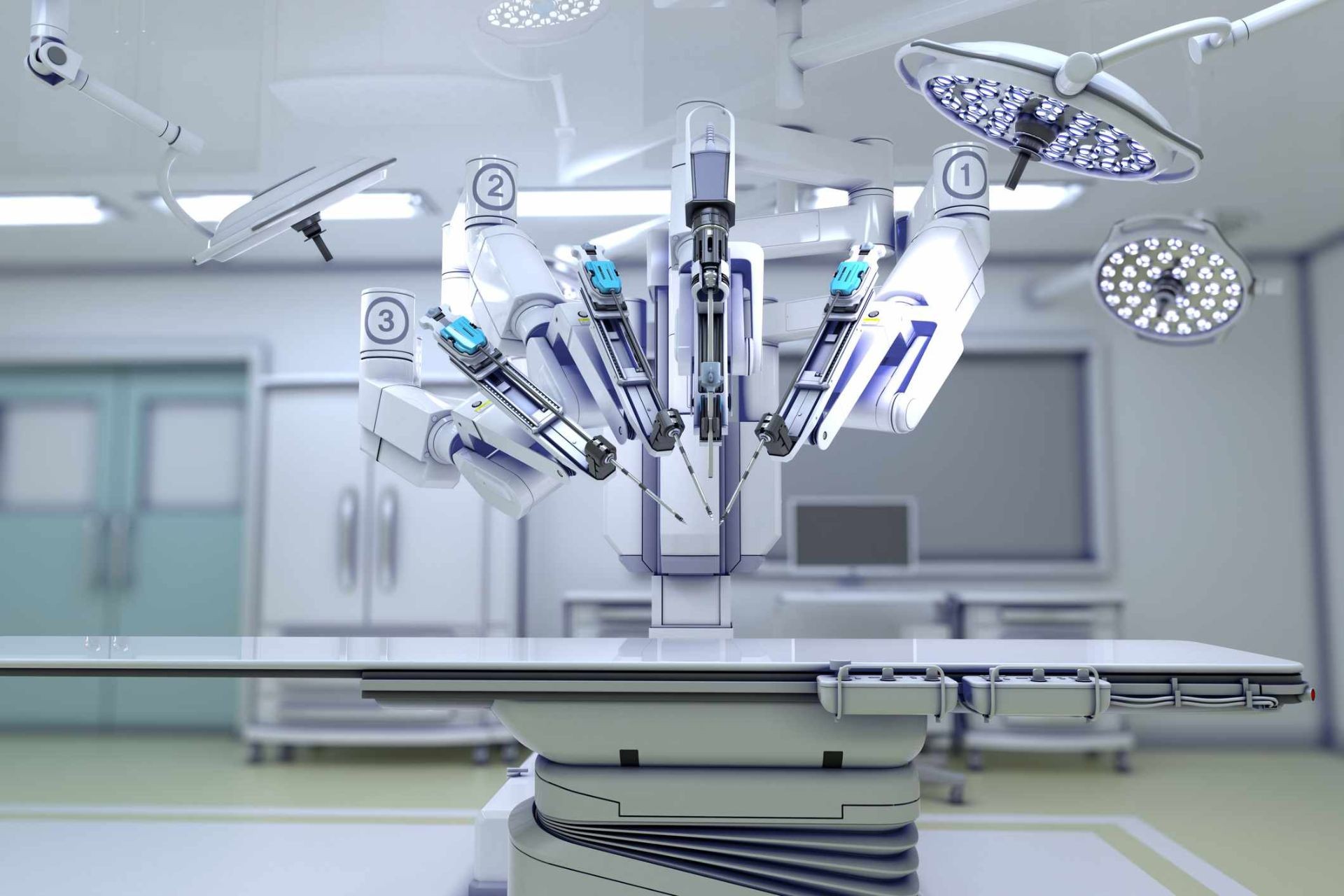Our team has been performing laparoscopic pancreatic procedures since 2014. Laparoscopic pancreatic procedures have all the well-known advantages of any other laparoscopic surgery, such as shorter hospitalization stays and faster return to full daily activities. We have also advanced in robotic pancreatectomy while making the most of the maximized precision robotic technology offers. Distal pancreatectomy, in particular, is mostly performed laparoscopically or robotically except for cases of large tumors involving large arteries or veins.
Of course, the most reputable scientific associations of surgery worldwide emphasize that such laparoscopic and robotic surgeries shall be performed only by pancreatic surgeons who have the necessary credentials and not by general laparoscopic/robotic surgeons who use their general experience from other surgeries (e.g., gallbladder, hernia, and diaphragmatic hernia surgeries) to perform pancreatic surgeries without knowing the anatomy and the oncology of the pancreas in depth. This has been an issue in the United States as the so-called “laws of the markets” favored the promotion of robotic surgery without explaining to the public that only surgeons specialized in pancreatic surgery are authorized to perform procedures robotically or laparoscopically. This has led to serious complications, grave oncological outcomes, and legal consequences.
The international scientific community has set the following prerequisites that have to be met in laparoscopic/robotic pancreatic procedures:
- Excellent knowledge, experience, and familiarity of the surgeon in managing large and critical arteries and veins surrounding the pancreas (portal vein, superior mesenteric vein, hepatic artery, celiac artery, superior mesenteric artery), and
- thorough, complete, and radical lymph node dissection as in all other open surgical procedures.
Pancreatic surgeons meet these prerequisites, but this is rarely the case for general laparoscopic/robotic surgeons. In the United States, a set of clear and strict guidelines stresses that such laparoscopic surgeries must be only performed by credentialed doctors specialized in the pancreas. Under no circumstances should oncological radicality and the patient’s survival be compromised for the sake of performing a procedure robotically.
Our surgical team has performed laparoscopic/robotic pancreatic procedures with exceptional results. Such surgeries are performed on patients who require pancreatectomy for IPMN, cystic neoplasms, neuroendocrine tumors (NETs), and cancer (without spread to areas surrounding the pancreas). The number of lymph nodes removed in our procedures is approximately 20, which is the same number as the number of lymph nodes removed with open surgery and a significantly higher number than the minimum of 12-15 lymph nodes removed on average. Our patients can eat the day after surgery and are discharged from the hospital two days after surgery.







